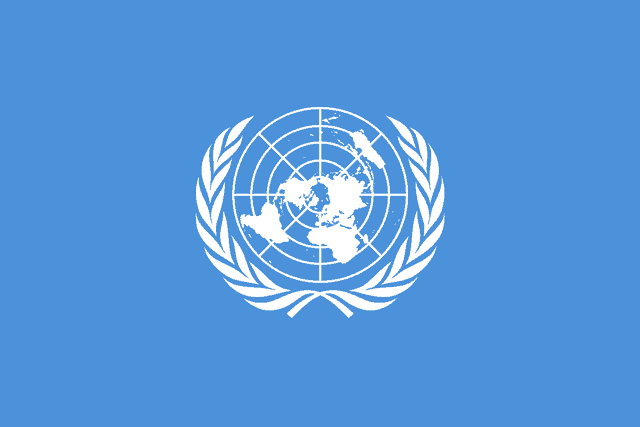UNHRC, UNDP, 2020
Business and Human Rights in Central and Eastern Europe: Rebuilding trust for new social contract
Opening Plenary Speakers: Olena Uvarova, Beata Faracik, Liudmyla Denisova, Elżbieta Karska, Arjan Dyrmishi, Lyra Jakulevičienė, Marina Kapustina, Dominika Wierzbowska, Natasa Bergelj, Ekaterina Deikalo, Stefan Jovanovski, Salome Zurabishvili
The first Regional Forum on Business and Human Rights in the Eastern Europe and Central Asia convened representatives from governments, national human rights institutions, civil society, business and labour organisations at the regional level and also international level to discuss business and human rights. The Forum provided an opportunity to raise awareness of and promote implementation of the United Nations Guiding Principles on Business and Human Rights (UNGPs) in the region. Moreover, the Regional Forum explored how existing vulnerabilities have been amplified and exposed by the COVID-19 crisis and discussed the need to view the crisis as an opportunity to drive change and build back better.
Following the publication of National Action Plans on Business and Human Rights (NAPs) by a range of Western European countries, the governments of the Eastern Europe and Central Asia region have also begun to grapple with the issue of business and human rights. Most notably, Georgia included a chapter on business and human rights within its Human Rights National Action Plan 2018-2020, while Ukraine has published a national baseline assessment in late 2019. Azerbaijan, Ukraine and Uzbekistan have committed to developing a NAP.
Despite these positive developments, Eastern European and Central Asian countries also experience common challenges including low level of awareness on business and human rights; discrimination. violations of labour rights; violations of environmental rights due to the lack of modern emissions management and no-waste technologies; and little efforts for protection against abuses regarding economic issues including corruption. The freedom of association is regularly violated through the oppression of independent trade unions. Finally, judicial remedies are often ineffective in practice due to low awareness of workers about their rights, high cost of litigation, complex corporate structures, delay in deciding cases, and practical obstacles in enforcing court orders. Therefore, the link between the rule of law, strong and independent institutions and safe space for civil society to operate as a pre-condition and essential elements for a conducive environment for promoting responsible business conduct.



Recent Comments